So, you’ve set your sights on buying a business in Australia It is a thrilling journey but needs careful planning and consideration to ensure success. Before you leap, here are 10 essential factors to keep in mind:
- Industry Research: Start by performing thorough research into your chosen industry. For example, if you’re eyeing the booming hospitality sector in Melbourne, analyze market trends, growth potential, and competitor terrains. Use resources from premier financial firms like Probiz Finance to access industry reports and insights.
- Financial Due Diligence: Delve into the financial health of the business by analysing its records. Go through at least the last 3 years of business financials and, if needed, get formal due diligence completed by an accountant. Consider enlisting the expertise of an accountant from a reputable firm in Australia. They can provide priceless insights into cash flow analysis, profit margins, and overall financial viability.
- Legal and Compliance: Ensure the business complies with all legal requirements and regulations. Engage legal professionals from top firms to review contracts of sale, franchise agreements (if buying a franchise), and any pending legal issues. Proactively address compliance matters including licenses, permits, taxes, and contracts of sale to mitigate future risks. Find if any legal issues are pending and address them promptly.
- Business Valuation: Evaluating the fair market value of the business is a crucial step, specifically if you’re considering financing for its acquisition. Engaging the assistance of certified valuers, such as prominent firms like Probiz Finance, can provide a thorough and fair evaluation. Nevertheless, it’s also important to assess whether the business is worth the money the vendor is asking for. Getting the business valuation completed by a certified valuer can help decide if the asking price aligns with the business’s worth. Besides, if you’re planning to secure financing for the purchase, lenders may need an independent valuation, potentially from specific valuers they trust. Before allocating the task to a valuer, it’s prudent to have a conversation with your finance broker or banker. They can provide insight into the valuation process and may recommend certain valuers that are preferred by lenders. This proactive practice can streamline the valuation process and promote a smoother financing arrangement.
- Operational Assessment: Consider the day-to-day operations of the business to determine strengths and areas for improvement. Analyse staffing structures, supplier relationships, and customer retention strategies. Seek input from industry experts to optimise operational efficiency.
- Transition Plan: Develop a comprehensive plan for transitioning into ownership. Consider whether retaining existing management or hiring new talent aligns with your vision. Probiz Finance offers customised solutions for managing human capital during transitions to ensure continuity and stability.
- Risk Analysis: Conducting a concentrated risk assessment involves analyzing macroeconomic conditions, industry-specific challenges, and market volatility to pinpoint possible threats to business sustainability. Expert consultation from financial firms aids in devising risk mitigation strategies. Further, considering staffing changes, including potential role reallocations and management transitions, is essential. Apprehending the impact on wages, employee management, and the potential retention of existing managers can mitigate disruptions and maintain operational continuity. Effective management of these elements guarantees the business stays resilient in the face of uncertainties.
- Due Diligence on Assets: Verify the condition and value of the business’s assets through stringent due diligence. Engage valuation professionals to estimate tangible assets such as equipment, inventory, and property. Use the resources of reputable firms to guarantee transparency and precision.
- Financing Options: To ensure the successful acquisition of your desired business, it’s crucial to explore diverse financing options. Partnering with Probiz Finance, Australia’s leading financial firm, delivers access to expert advice in assessing loan packages, seller financing, and alternative funding sources. Besides, employing a commercial finance broker can streamline the process, permitting you to focus on the acquisition itself while they navigate the intricacies of securing financing from multiple lenders, ensuring you secure the best achievable terms for your venture.
- Professional Advice: Seek guidance from a multidisciplinary team of professionals throughout the buying process. Team with accountants, lawyers, and business brokers from leading firms to navigate intricate legal, financial, and operational considerations. Hence, buying a business in Australia demands careful planning and strategic decision-making. By leveraging the expertise of top financial firms, conducting thorough due diligence, and seeking professional advice, you can mitigate risks and maximise possibilities for success in your entrepreneurial journey.


hiii